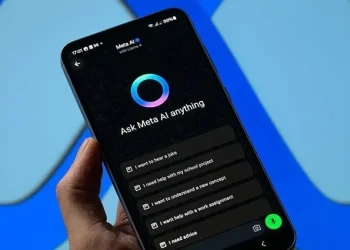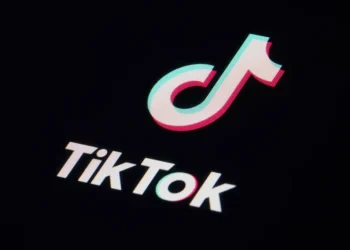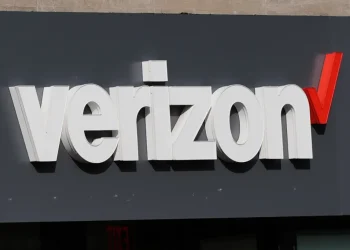Trump Administration Declares AI’s ‘Most Powerful’ Chips Will Be Built in the U.S.
The Trump administration has reaffirmed its commitment to keeping the United States at the forefront of artificial intelligence (AI) innovation. In a bold declaration, Vice President JD Vance stated that “the most powerful AI systems are built in the U.S. with American-designed and manufactured chips.“
U.S. Leads in AI: VP JD Vance’s Keynote at Paris AI Summit
Speaking at the Paris AI Action Summit, Vice President JD Vance delivered a keynote on the final day of the event, outlining the Trump administration’s strategy for AI dominance. He emphasized that the United States remains the global leader in AI and that the White House is committed to maintaining this position.
“The United States of America is the leader in AI, and our administration plans to keep it that way,” Vance declared.
“The U.S. possesses all components across the full AI stack, including advanced semiconductor design, frontier algorithms, and transformational applications. Now, the computing power this stack requires is integral to advancing AI technology. To safeguard America’s advantage, the Trump administration will ensure the most powerful AI systems are built in the U.S. with American-designed and manufactured chips.”
A Boost for the U.S. Semiconductor Industry
This announcement signals strong support for the American semiconductor industry, despite Trump’s previous opposition to the CHIPS and Science Act during his campaign. Currently, a new bill is making its way through Congress that would provide tax credits to chip designers and manufacturers, further strengthening domestic semiconductor production.
Vance reassured that Washington is crafting an AI strategy that balances innovation with regulation, removing unnecessary restrictions while ensuring AI benefits the American public.
Criticism of EU Regulations & Call for Global AI Partnerships
During his speech, Vance extended an invitation to other nations to partner with the U.S. and even adopt similar AI policies. However, he also criticized the European Union’s Digital Services Act and GDPR, calling them “onerous international rules” that burden smaller firms with excessive legal costs and stifle free speech.
“These regulations are preventing adults from accessing opinions that the government deems misinformation, creating unnecessary barriers to open discourse,” he argued.
Vance also highlighted a crucial issue in AI development: energy consumption. He warned that while AI relies on high-quality semiconductors and stable power sources, some nations are de-industrializing and removing reliable energy sources from their grids, potentially slowing AI progress.
Warning Against Partnerships with Hostile Regimes
In a pointed but indirect critique of China, Vance cautioned against relying on authoritarian governments for technology. Without naming China directly, he referenced cheap 5G and CCTV equipment, which were widely used in the U.S. and allied nations before being banned in 2019.
“Some of us in this room have learned from experience—partnering with them means chaining your nation to an authoritarian master that seeks to infiltrate, dig in, and seize your information infrastructure,” Vance warned.
“Should a deal seem too good to be true, just remember the old adage we learned in Silicon Valley: ‘If you aren’t paying for the product, you are the product.’”
Final Thoughts: A Clear AI Vision for the U.S.
With this speech, the Trump administration has made its stance on AI crystal clear: The U.S. will continue to lead in AI innovation, strengthen domestic chip manufacturing, push back against restrictive global regulations, and caution against partnerships with authoritarian regimes.
As the race for AI dominance accelerates, all eyes will be on Washington’s next moves to maintain its technological and economic edge in this transformative field.
This article was rewritten by JournosNews.com based on verified reporting from trusted sources. The content has been independently reviewed, fact-checked, and edited for accuracy, neutrality, tone, and global readability in accordance with Google News and AdSense standards.
All opinions, quotes, or statements from contributors, experts, or sourced organizations do not necessarily reflect the views of JournosNews.com. JournosNews.com maintains full editorial independence from any external funders, sponsors, or organizations.
Stay informed with JournosNews.com — your trusted source for verified global reporting and in-depth analysis. Follow us on Google News, BlueSky, and X for real-time updates.













